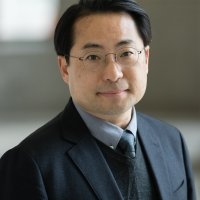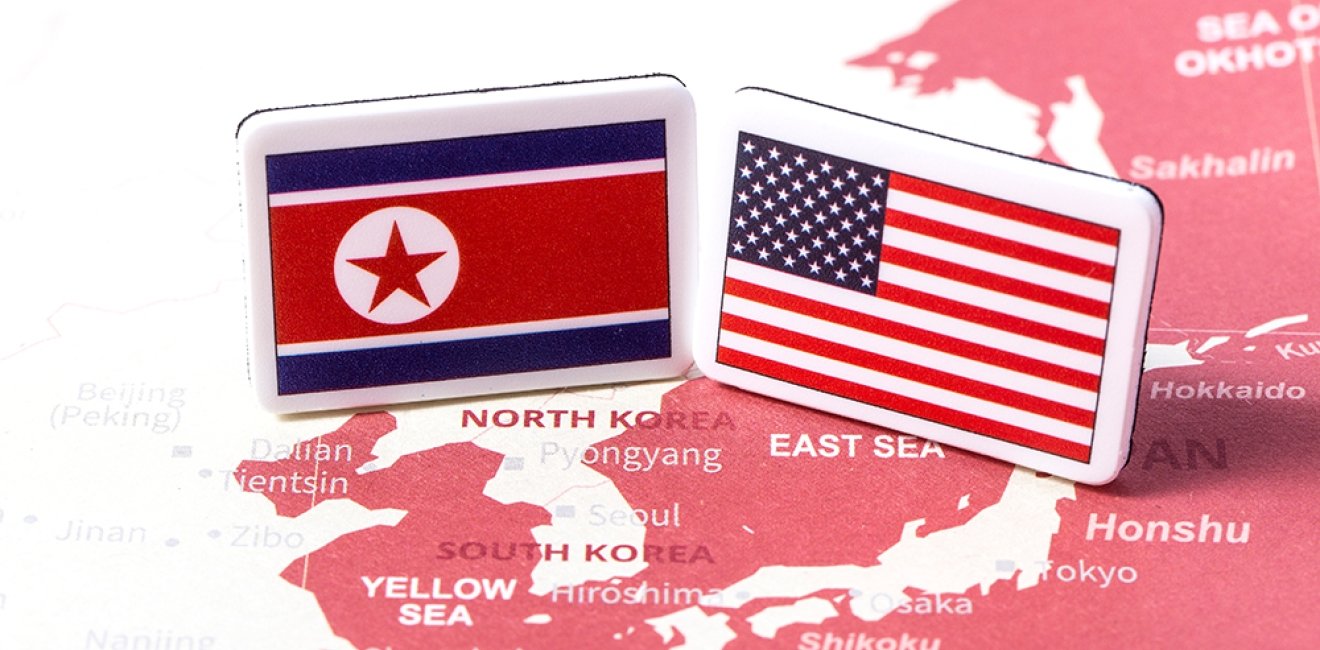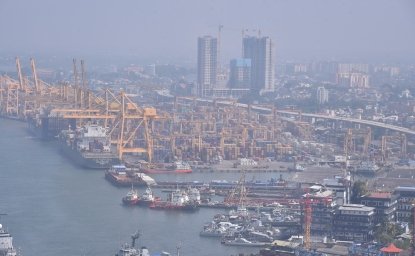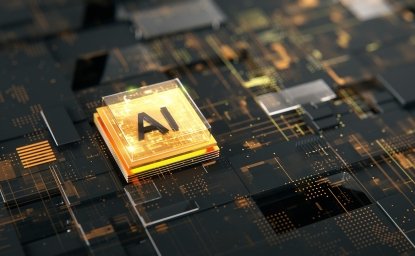
A blog of the Indo-Pacific Program
“The Trump administration suggests that there is a pot of gold at the end of the rainbow. The Kim regime believes that it can’t chase rainbows. In the end, what matters is not the size of the deal, but the sincerity of the commitment.”
After the meeting in Hanoi, President Trump and Chairman Kim seem to have returned to the original question concerning North Korea: ‘Big Deal or No Deal.’ Everyone prefers a big deal to no deal, but many will also agree that a big deal can be a collection of good deals. On top of that, a big deal in international relations, if defined as a “one-shot” game, is probably not a good deal. International Politics 101 is teaching that only the logic of “tit-for-tat” among the countries facilitates international cooperation.
Simply put, people often forget that there could be a North Korean version of “trust but verify.”
I have no interest at all in defending North Korea, but let’s put ourselves in Kim’s shoes for the moment. North Korea not only ‘will not’ but also ‘can not’ “completely give up its nuclear weapons and production capability because its leaders ultimately view nuclear weapons as critical to regime survival,” as Director of National Intelligence Dan Coats has recently testified before the Senate. Pyongyang appears to want to see, not hear, the U.S. policy titled “no regime change.” To Chairman Kim, the only possible way to check the commitment of Washington would be the “corresponding actions” taken by the Trump administration. Simply put, people often forget that there could be a North Korean version of “trust but verify.”
My suggestion is that we bundle up some critical components for good deals back to back. A series of good deals would include many diverse compromises: the dismantling of Nyongbyon plus the new nuclear site and ICBM, open inspections by IAEA, the end-of-the war declaration, inter-Korean economic cooperation, liaison office in Pyongyang, partial sanctions relief, and the peace treaty. Chairman Kim will lose nothing if he is sincere about complete denuclearization. President Trump will gain something when he tries to show he is “available” during the high season of the Democratic primary drama. In essence, North Korea and the United States should continue to agree on the sequence and the consequence of these good deals. This is daunting but doable.
In the end, the size of the deal guarantees little. The sincerity of the deal matters.
Both sides should learn from the ‘Hanoi No Deal.’ The lesson is that complete denuclearization by North Korea and complete lifting of sanctions by United States should be the ultimate goals but not practical measures for now. The Trump administration suggests that there is a pot of gold at the end of the rainbow. The Kim regime believes that they can’t chase rainbows. Thus, it is almost a waste of time to debate how big a big deal should be and how small a small deal is. At any rate, there will be the issue of commitments followed by agreements. In the end, the size of the deal guarantees little. The sincerity of the deal matters. And you can verify it only after you trust. So, let’s make good big deals one after another!
Jungkun Seo is a Fulbright Fellow at the Wilson Center and an associate professor of political science at Kyung Hee University in Seoul, South Korea.
The views expressed are the author's alone, and do not represent the views of the U.S. Government or the Wilson Center. Copyright 2018, Asia Program. All rights reserved.
Author

Associate Professor of Political Science, Kyung Hee University, Seoul, Korea

Indo-Pacific Program
The Indo-Pacific Program promotes policy debate and intellectual discussions on US interests in the Asia-Pacific as well as political, economic, security, and social issues relating to the world’s most populous and economically dynamic region. Read more


Hyundai Motor-Korea Foundation Center for Korean History and Public Policy
The Center for Korean History and Public Policy was established in 2015 with the generous support of the Hyundai Motor Company and the Korea Foundation to provide a coherent, long-term platform for improving historical understanding of Korea and informing the public policy debate on the Korean peninsula in the United States and beyond. Read more





